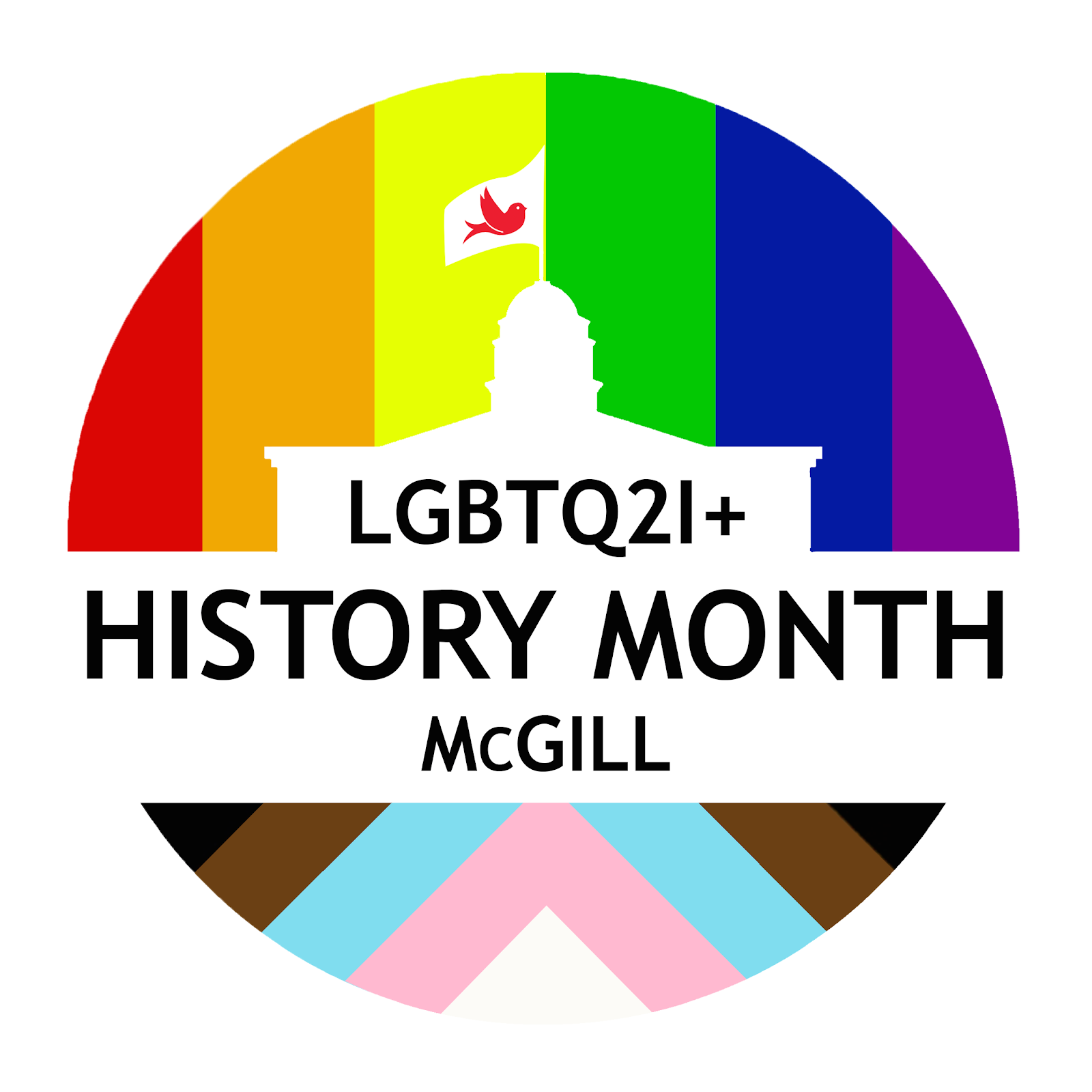The Office of the Provost, Queer McGill, and the Institute for Gender, Sexuality, and Feminist Studies (IGSF) are a few of the many groups that have collaborated to plan McGill’s first Queer History Month. Officially known as Lesbian, Gay, Bi, Trans, Queer, Two-Spirited, and Intersex (LGBTQ2I+) History Month, the planned celebrations are a first for any university in Canada.
Meryem Benslimane, equity education advisor to the Provost, has been planning the events for the past two months. In an email to The McGill Tribune, she summarized the breadth of events included in the effort.
“The goal of LGBTQ2I+ History Month is to celebrate and highlight the history and achievements of LGBTQ+ communities at McGill University and, more broadly, in Montreal, Quebec, and Canada,” Benslimane wrote. “Through a series of screenings, panels, workshops, and community events, LGBTQ2I+ History Month aims [to raise] awareness, [advance] education, and [increase] the visibility of LGBTQ+ communities [at McGill].”
Quebec’s queer history is particularly complicated when compared to the rest of Canada. In July 1990, police conducted a raid of the Sex Garage, an LGBTQ2I+ party that was held in a warehouse in Old Montreal. According to witness testimony, police blocked partygoers from exiting while yelling homophobic insults—some even removed their badges and started to beat participants.
According to Benslimane, events like the Sex Garage raid have left their mark on Quebec’s queer community.
“[Quebec has] pioneered certain rights […] for instance, they legalized same-sex civil partnership earlier than other provinces,” Benslimane wrote. “But they’ve also been late in regards to other things—Quebec is the only province that forbids non-citizens from changing their gender on their ID and documents, and citizenship may take five to ten years.”
Benslimane and her committee have planned a mix of academic and cultural events in hopes of attracting as many McGill community members as possible. This week, Black Students’ Network (BSN) will be screening Ouvrir La Voix [Speak Up], a film about the experiences of francophone European black women. The ISGF held a love poem workshop with Indigenous academic Smokii Sumac, who also spoke during McGill’s Indigenous Awareness Week. Sumac hopes to teach interested McGill community members about using love poems to express both romantic and aromantic forms of love. Interested students and staff can visit Queer History Month’s Facebook page for a full schedule.
From the perspective of Alanna Thain, director of the IGSF and associate professor in the Department of English, knowing queer history can enhance the university’s ability to understand the present struggles of its LGBTQ+ members. She believes it is important to recognize that Quebec’s queer community continues to face evolving struggles.
“The struggles that occupy a lot of activism today are not always the same ones that were fought in the past,” Thain said. “The Sex Garage riots of the ‘90s are really different from the fight for marriage equality, for example. If you don’t know your history, you might not understand why, for many queer people, marriage equality is not the be all and end all of what we want and dream about.”
While Queer History Month marks a significant milestone in McGill’s commitment to the queer community, students like Bei Evely, U5 Anthropology and Gender, Sexuality and Feminist Studies, hope that McGill’s administration will continue to advocate for queer students and faculty beyond October. Evely hopes that this year’s event will have a lasting impact on McGill culture.
“I think it’s important for McGill to figure out what they want to stand for and then to stand strongly for it,” Evely said. “If we’re having a history month, which was mostly led by people who really feel passionate about having a history month around this community, I want this passion to be reflected in the stance that we take the entire year.”









